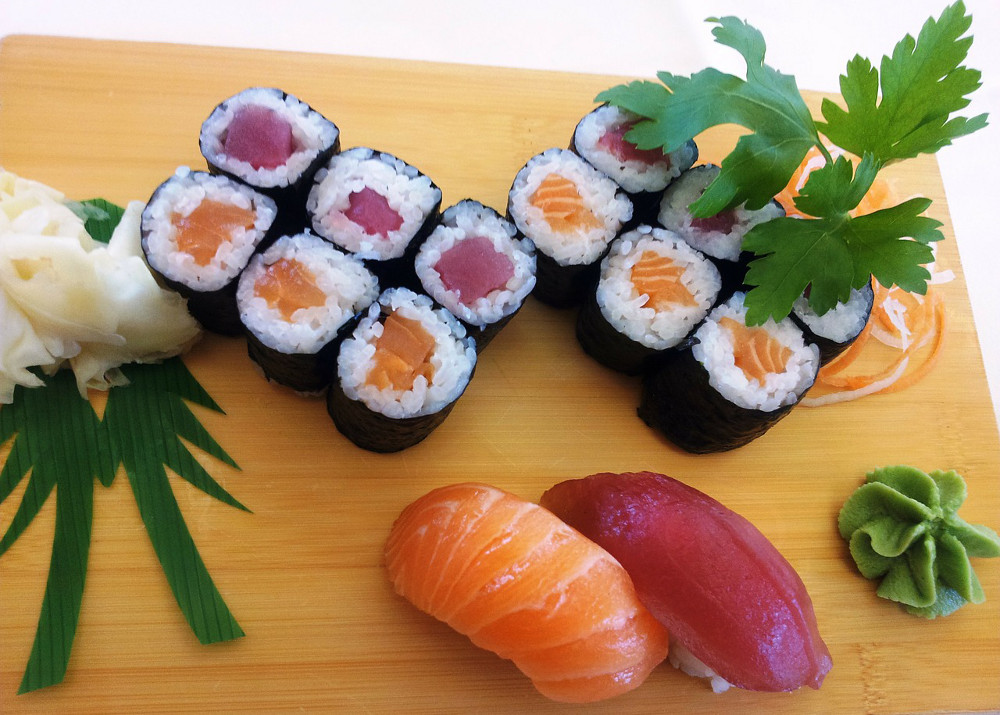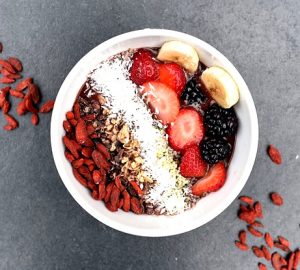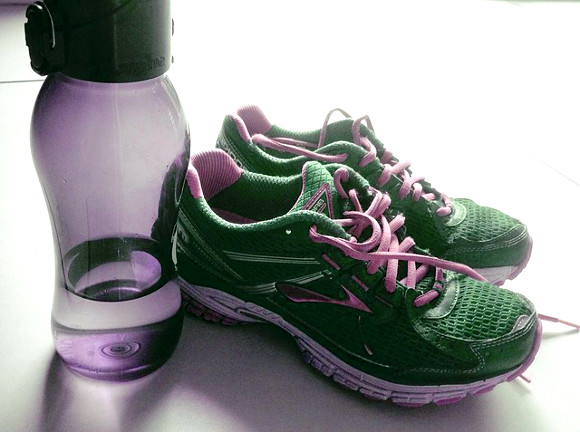Unlike North America and Europe, in Japan tiny percentage of the population is overweight or suffers from obesity. The main reason for this, according to nutritionists, is that the Japanese people mainly consume low-calorie food with less carbohydrates and fats. So on the basis of their diet the Japanese diet that lasts 14 days was created – highly effective, but with specific eating requirements.
Unlike other diets, Japanese diet (14 days) is not fast, but it is fairly balanced and after you’re done with it your body will get used to the good habits that it has acquired (of course that also depends entirely up to you), which allows maintaining the new weight for many years if you have healthy lifestyle afterwards. Together with the weight loss, if you followed the Japanese diet, you will enjoy a better metabolism – thanks to progress made by the detox and cleansing effect.
After the first week of the Japanese diet it is normal to lose about 7 to 8 pounds, and after the complete 14 days – 15 to 16 pounds.
Like the other weight loss diets, Japanese diet requires you to follow a number of limitations: pure carbohydrates should be excluded from the diet (like sugar, confectionery, alcohol, etc.) and all sources of salt.
Important! Consult your doctor before starting any kind of diet, especially if you have health problems.

Japanese diet menu for 14 days:
Day 1:
Breakfast: black coffee or tea without sugar.
Lunch: cabbage salad with little vegetable oil, 2 hard boiled eggs, a glass of tomato juice or one tomato.
Dinner: 7 oz. of fish – boiled, steamed, grilled or baked with a little oil and a lettuce salad seasoned with little oil.
Day 2:
Breakfast: black coffee or tea without sugar and a small piece of rye bread.
Lunch: 7 oz. of fish – boiled, steamed, grilled or baked with a little vegetable oil, cabbage salad with a little vegetable oil.
Dinner: boiled or grilled beef or veal (8 oz, without salt!) and a glass of low fat milk or low fat yogurt.
Day 3:
Breakfast: black coffee or tea without sugar
Lunch: three large boiled carrots seasoned with lemon juice and olive oil and one boiled egg.
Dinner: unlimited quantity of apples.
Day 4:
Breakfast: black coffee without sugar.
Lunch: one large boiled, steamed or fried parsnip seasoned with oil and one large apple.
Dinner: 8 oz. of grilled beef steak, 2 boiled eggs and a cabbage or lettuce salad seasoned with oil.
Day 5:
Breakfast: One large raw grated carrot seasoned with lemon juice.
Lunch: 15 oz. of grilled, steamed or baked fish with a little vegetable oil and a glass of tomato juice or two tomatoes.
Dinner: 7 oz . of grilled, steamed or baked fish and cabbage or lettuce salad seasoned with oil.
Day 6:
Breakfast: black coffee without sugar.
Lunch: 18 oz. of boiled chicken meat (without salt!) and cabbage and carrot salad seasoned with a little oil.
Dinner: 2 boiled eggs and a cabbage or lettuce salad seasoned with oil.
Day 7:
Breakfast: green tea.
Lunch: 8 oz. of grilled or boiled beef steak (without salt!) and couple of fruits of your choice.
Dinner: Choose any dinner from the preceding days (excluding that from day 3!):
For example: 7 oz. of fish – boiled, steamed, grilled or baked with a little oil and a lettuce salad seasoned with little oil.
or boiled or grilled beef or veal (8 oz, without salt!) and a glass of low fat milk or low fat yogurt.
or 8 oz. of grilled beef steak, 2 boiled eggs and a cabbage or lettuce salad seasoned with oil.
or 7 oz . of grilled, steamed or baked fish and cabbage or lettuce salad seasoned with oil.
or 2 boiled eggs and a cabbage or lettuce salad seasoned with oil.
Make sure that you drink a lot of water between your meals.
Pros of the Japanese diet:
The 14 days Japanese diet ensures a relatively quick results. There are faster diets, but the Japanese diet will ensure that the achieved weight loss will remain for a long time.
The diet is fairly balanced, but because of the restrictions it is better to take additional multivitamin supplements every day – especially if you decide to continue with the Japanese diet for two weeks (14 days).
Cons of the Japanese diet:
If you repeat the Japanese diet after few weeks it can lead to imbalance in some of the necessary vitamins and minerals. Therefore, if you want to repeat this Japanese diet after several weeks, make sure you consult your doctor.
Also this Japanese diet is quite difficult for people who have sweet tooth and love to eat sweets.




4 day diet plan is a fast and simple way to cleanse your body from toxins and lose few extra pounds.
may we eat raw fruits or vegetables beside those mealplan?
We’re not certified nutritionists, but we think that you should stick to the meal plan only if you want to get the results that this diet gives. On the other hand, we see no reason why you shouldn’t eat some fruit or vegetables in between the meals as long as it isn’t a huge amount. You should try and see what works the best for you.
This isn’t Japanese food? They don’t eat a lot of meat?
This is not a traditional Japanese diet. This is a weight loss diet created by Japanese dietitians.
Hello. I was looking for this 14 day Japanese diet and I finally found it! Thank you!
im a pascatarian so what can i eat intead of the chicken or beef?
Hi Natasha! We’re not nutritionists, but you can probably substitute chicken and beef with anything that is high in protein like, fish, eggs, dairy products or even tofu or legumes which contain plant based proteins.
Make a more new posts please 🙂
There are many arguments about which diet is best for you. Nevertheless, health and wellness communities agree that diets emphasizing fresh, whole ingredients and minimizing processed foods are superior for overall wellness. The whole-foods, plant-based diets do just that. They focus on minimally processed foods, specifically plants, and are effective at stimulating weight loss and improving health
Can you use salt and sugar substitutes, like no salt or stevia?
Hi Trinette! We’re not certified nutritionists, but we think that there will be no problem if you substitute sugar with stevia and use no salt as long as it tastes ok to you.